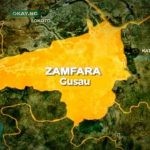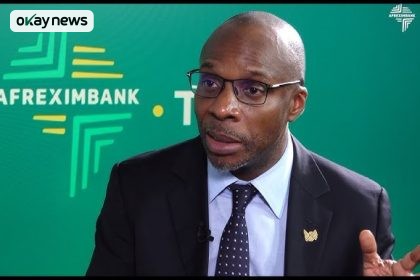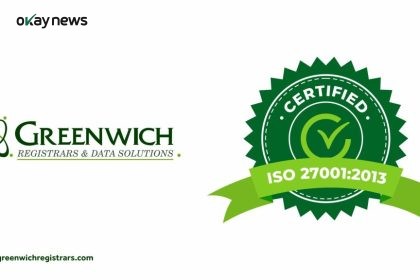The Nigeria Customs Service (NCS) has approved the exemption of raw materials, spare parts, and certain machinery from the four per cent Free on Board (FOB) levy, offering relief to manufacturers and other critical sectors.
The decision was announced in a communique jointly signed by the Comptroller-General of Customs, Adewale Adeniyi, and the President of the Manufacturers Association of Nigeria (MAN), Francis Meshioye, following consultations in Lagos.
According to the document, the exemption covers strategic imports essential to industrial production, aviation, and healthcare. Importers of airline spare parts, raw materials, and machinery listed under Chapters 98 and 99 of the Customs Tariff are included in the waiver.
Manufacturers already under these chapters are advised to apply for pre-release of consignments to avoid demurrage. For those not listed, NCS, MAN, and the Ministry of Finance will begin immediate consultations to onboard them into the exemption scheme.
Relief measures also extend to manufacturers who have previously paid the levy but are not yet captured under the tariff chapters. Such payments will be credited to their accounts and applied to future transactions once onboarding is completed.
The exemption further applies to government projects with Import Duty Exemption Certificates, humanitarian imports, and healthcare-related goods under the Presidential Initiative on value chain development.
NCS said the move is part of broader trade facilitation measures, including one-stop-shop frameworks to cut bureaucracy, digital clearance systems, and automated risk assessments to reduce compliance costs.
MAN welcomed the reforms and praised the rollout of the Authorised Economic Operator scheme, which gives compliant traders faster clearance. The association, however, called for clearer guidelines to widen access for manufacturers.
Both parties agreed to set up formal consultation mechanisms for regular dialogue, policy engagement, and periodic reviews to strengthen cooperation.
The exemptions, officials said, will ease business costs, boost industrial productivity, and support Nigeria’s aviation and healthcare sectors.







